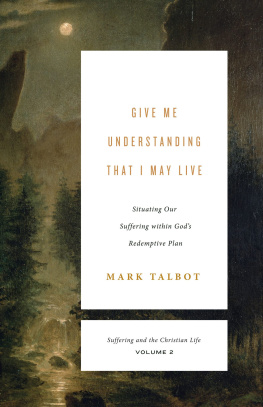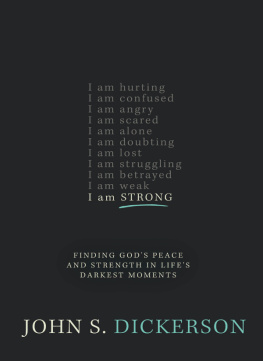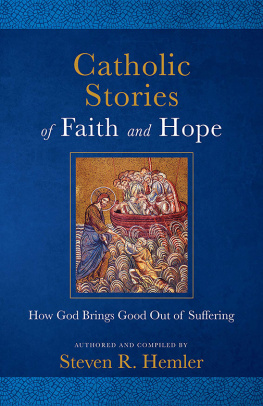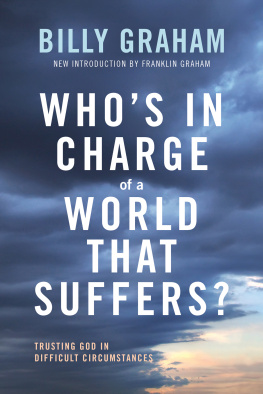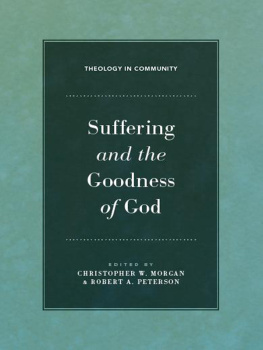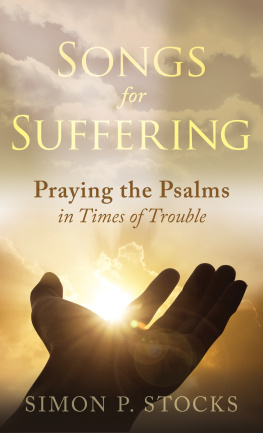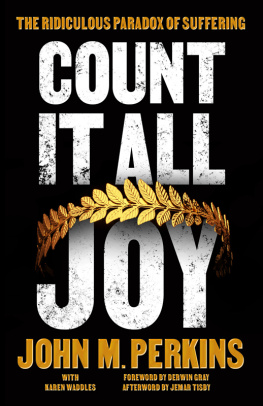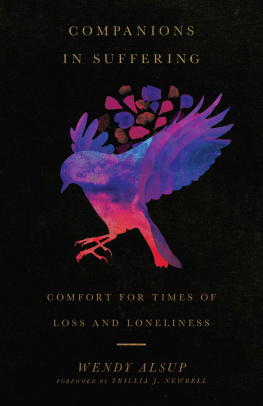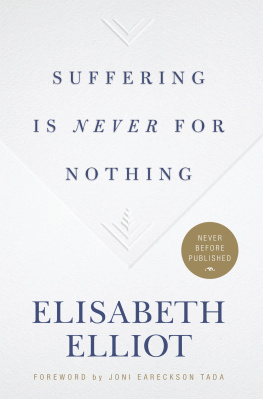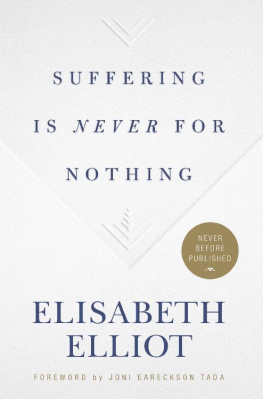Table of Contents
Landmarks
When Everything Was Very Good
In the beginning, God created the heavens and the earth.
The earth was without form and [empty],
and darkness was over the face of the deep.
And the Spirit of God was hovering over the face of the waters.
And God said, Let there be light, and there was light.
And God saw that the light was good.
And God separated the light from the darkness.
God called the light Day, and the darkness he called Night.
And there was evening and there was morning, the first day.
Genesis 1:15
This is the account of the heavens and the earth when they were created,
when the L ord God made the earth and the heavens....
Then the L ord God formed a man from the dust of the ground
and breathed into his nostrils the breath of life,
and the man became a living [person].
Now the L ord God had planted a garden in the east, in Eden;
and there he put the man he had formed.
The L ord God made all kinds of trees grow out of the ground
trees that were pleasing to the eye and good for food.
In the middle of the garden were the tree of life
and the tree of the knowledge of good and evil....
The L ord God took the man and put him in the Garden of Eden
to work it and [keep] it.
And the L ord God commanded the man,
You are free to eat from any tree in the garden;
but you must not eat from the tree of the knowledge of good and evil,
for when you eat from it you will certainly die.
Genesis 2:4, 79, 1517 NIV
What is mankind that you make so much of them,
that you give them so much attention,
that you examine them every morning and test them every moment?
Job 7:1718 NIV
In When the Stars Disappear , I tried to administer a kind of spiritual first aid to Christians who have felt ambushed by their suffering. That is why I recounted Naomis, Jobs, and Jeremiahs stories. They suffered terribly, yet God rescued them in the end. And no matter how hard it may be for us to believe when we are suffering, as long as we dont deny him our Lord will rescue us too.
In fact, Paul declares that not even death can separate us from the love of the God we have come to know through Christ (see Rom. 4:17). It will then be clear that our loving heavenly Father has been with us all along our way.
Of course, our suffering may not seem light and momentary. It may seem interminable and too heavy to bear. And even when it is bearable, we may wonder why life includes any suffering or why it includes so much. This book explains why we Christians suffer, showing how God works in and through our suffering for our good, and thus how our suffering is in fact an aspect of Gods mercy.
From Creation to Consummation
Scriptures first two chapters recount the worlds origin, and its last two chapters foretell this worlds end. Creation and consummation are thus the Christian storys bookends. Consummation will involve Gods re- creation of all things. The symmetries between Genesiss first two chapters and Revelations last two chapters show God wrapping up the true story of the whole world in profoundly satisfying ways. Creation and consummation are the full Christian storys outermost coordinates. They are still pointsfixed starsthat help to hold the rest of the story in place.
They tell us that once there was no human sin, suffering, or death, and that Gods people will be delivered from sin, suffering, and death once again in the end. In between, from Genesis 3 through Revelation 20, we have the panorama of human rebellion and redemption. Human suffering began after our first parents ate the forbidden fruit. So the portion of the Christian story that focuses on creation doesnt directly address our suffering. Yet our suffering cant be understood without considering it. We need to know who God created us to be before there was any sin or suffering. And then we need to know how our first parents rebellion altered everything because this will enable us to understand the part suffering plays in prompting us to embrace the redemption that God offers us in Christ.
In telling the story of creation in this chapter, I havent attempted to show the relevance of that story to our suffering by making a comment to that end every few pages. The awe that we should feel in learning what God was doing in making our world should be allowed to stand independently of what comes later in the full Christian story. In fact, in the end our suffering is not going to be the focus of the full story. The apostle Paul, who the New Testament suggests suffered more than anyone other than our Lord (see 2 Cor., especially 11:2129; 12:710), put it like this: I consider that our present sufferings cannot even be compared to the coming glory that will be revealed to us (Rom. 8:18 NET; cf. Ps. 30:5; 2 Cor. 1:311; 4:17; 1 Pet. 1:37). Our suffering is meant to prompt us, as we have already seen that it prompted the psalmist, to turn to Gods word for understandingand for understanding a great deal more than simply why we are suffering (see Ps. 119:6575 ).
So human suffering plays no part in the first part of the full Christian story. In the second partrebellionwe learn about the choice that our first parents made that brought human suffering into the world, but even then, in my second chapter, suffering isnt the primary topic. Suffering arose as a consequence of our first parents rebellion, so what it is and how it affects us get the third chapter. Then, finally, the role of suffering in our redemption and our anticipation of the worlds consummation will occupy us in this volumes fourth chapter.
The story of creation helps us counter false assumptions about God, the world, and ourselves that we easily make. It helps us grasp what human life in Gods world was to look like so that we, as Gods redeemed people, can begin living closer to what God intends. It also helps us understand creations proper patterns and rhythmspatterns and rhythms that, once we are aware of them and try to live by them, can alleviate some suffering.
Together these two perspectives enable us to understand who God has made us to be.
We can glean what we need from these two chapters by considering three topics: our creation, our composition, and our calling.
Our Creation
In Genesis 1:69).
God began filling some of these separated spaces on the third day. He commanded the earth to produce all sorts of plants to cover the land, differentiating the various plants and trees he created from each other by means of their seeds (see 1:1112). On the fourth day, he filled the heavenly expanse with lights to give light upon the earth and to separate the day from the night. They were also to be for signs and for seasons, and for days and years (1:1415), enabling Israel to know when to celebrate her appointed feasts (see, e.g., Lev. 23). On the fifth and sixth days God filled the waters, the skies, and the land with living creatures, each according to their kinds (vv. 21, 2425).
In all of this God was preparing a place for us. He formed [the earth] to be inhabited (Isa.
Let Us Make
Into this ordered, inhabitable world God prepared to introduce human beings. All of the storys earlier elements point toward our creation, including its increasingly detailed focus on those elements that affect us most directly. Us and our are here for good reason.
They alert us that something momentous was about to happen, something of a different order than all that had happened before. 2:18), as we shall see later in this chapter.
Human Beings in Our Image, after Our Likeness
The Let us make in Gods announcement emphasizes that we are only creatures,
David understood this. In Psalm
And Let Them Have Dominion over All the Earth

